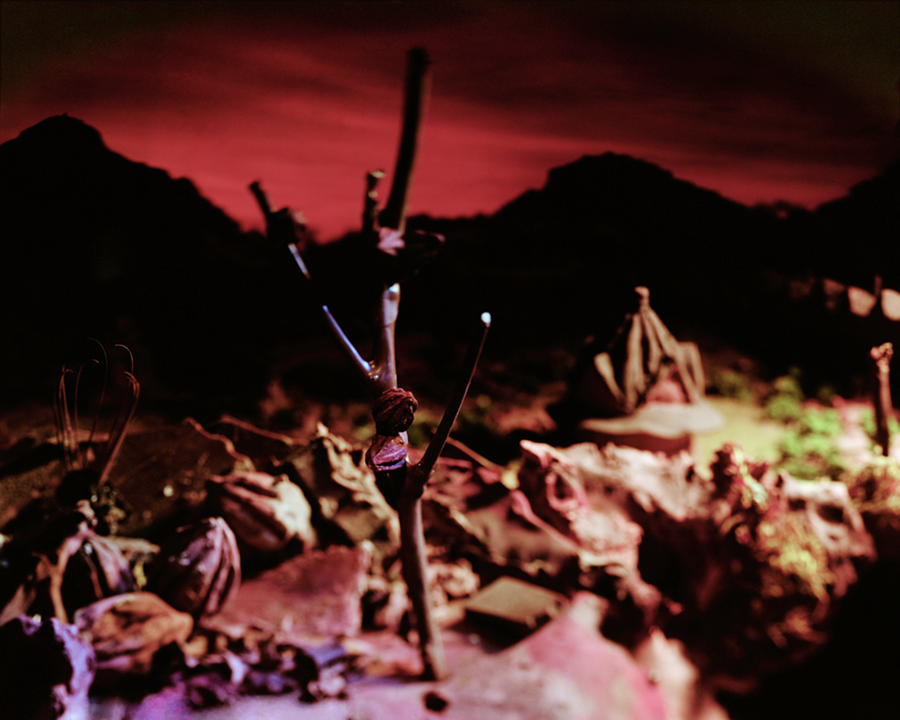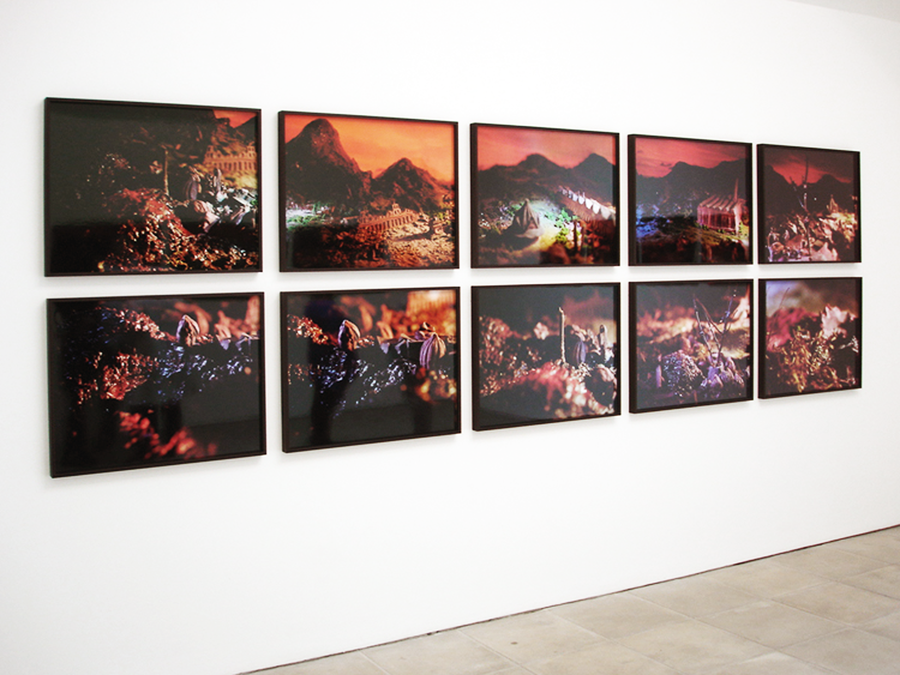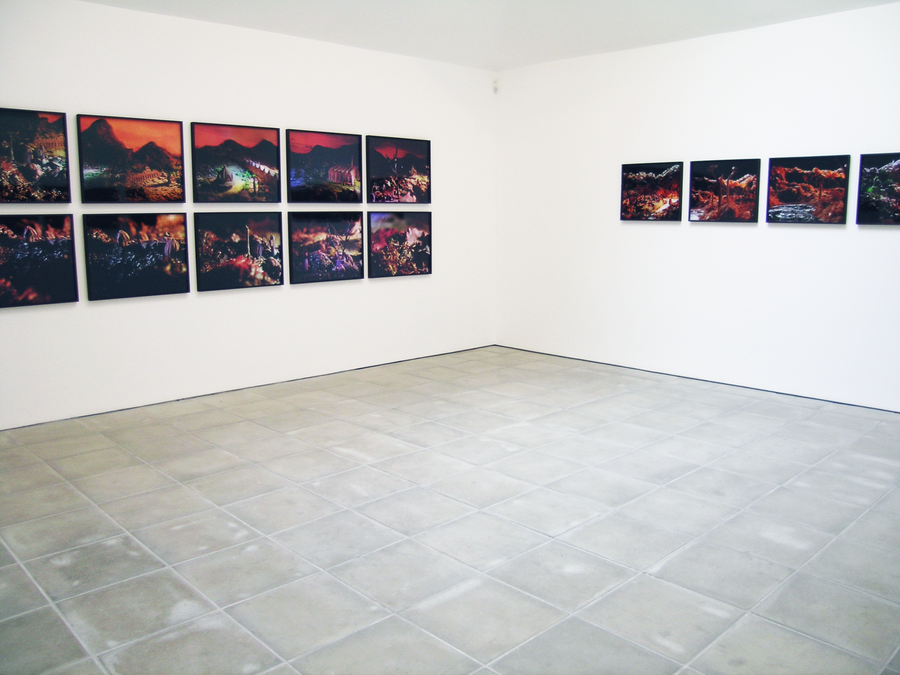Veduta Romantica (2007)
Details Series of 10 x c-type prints, dimensions variable
Installation mac, Birmingham and ArtSway, Hampshire
Dates 6 Nov 2007 —
8 Jan 2008 and 2009
Photo Credit Gayle Chong Kwan
Edward Chaney, 'A Grand Tour and its Cultural Memorials' in 'The Grand Tour'
by Gayle
Chong Kwan (excerpt)
The ambitious youth was now encouraged to travel like Odysseus in order to study other peoples and climes; in the words of Richard Lassels: ‘Ulysses is set forth by Homer as the wiseth of all the Grecians, because he had traveled much, and had seen… the Cittyes and customes of many men.’ Lassels warned, however, against young men travelling for ‘a whole month together, to Venice, for a night’s lodging with an impudent woman. And thus by a false ayming at breeding abroad, they returne with those diseases which hinder them from breeding at home.’ By the time the Napoleonic Wars rendered travel to Italy even more difficult than when Elizabeth had been at war with Spain, the Grand Tour had become de rigueur, not just as a finishing school for the young aristocrat, but for the would-be artist or architect searching for clients, as likely to be found in Rome as in London. Prior to the defeat of Napoleon, when an appreciation of early Renaissance and Gothic emerged, the aesthetic ideal had been a classical one, whose connoisseurial credentials assumed disparagement of the Gothic, which was associated with the barbarians who had brought about the destruction of the Roman Empire that the British were aspiring to outdo. The classical training received at grammar school, most of it in Latin, followed by a couple of years at Oxford, Cambridge or the Inns of Court meant that Mediterranean civilization was familiar to young Englishmen (and even women) in a way that scarcely seems possible today. By completing this education with a tour of southern Europe, not only the aristocrat but the mere gentleman could become a good and useful citizen, with a decorous sense of how to balance utilitas with voluptas or pleasure. Lassels writes that he would have his youth ‘to be not onely a Vertuous man but a Virtuoso too.’ By the time the Grand Touring moral philosopher Lord Shaftesbury died in Naples in 1713 he had persuaded the aristocracy that it was indeed by becoming a ‘virtuoso’ that one would become ‘virtuous’ in the modern sense of the word, a cliche that would only be problematized in the twentieth century by the image of cultured concentration camp Kommandant playing classical music whilst his prisoners are being gassed.
Text



